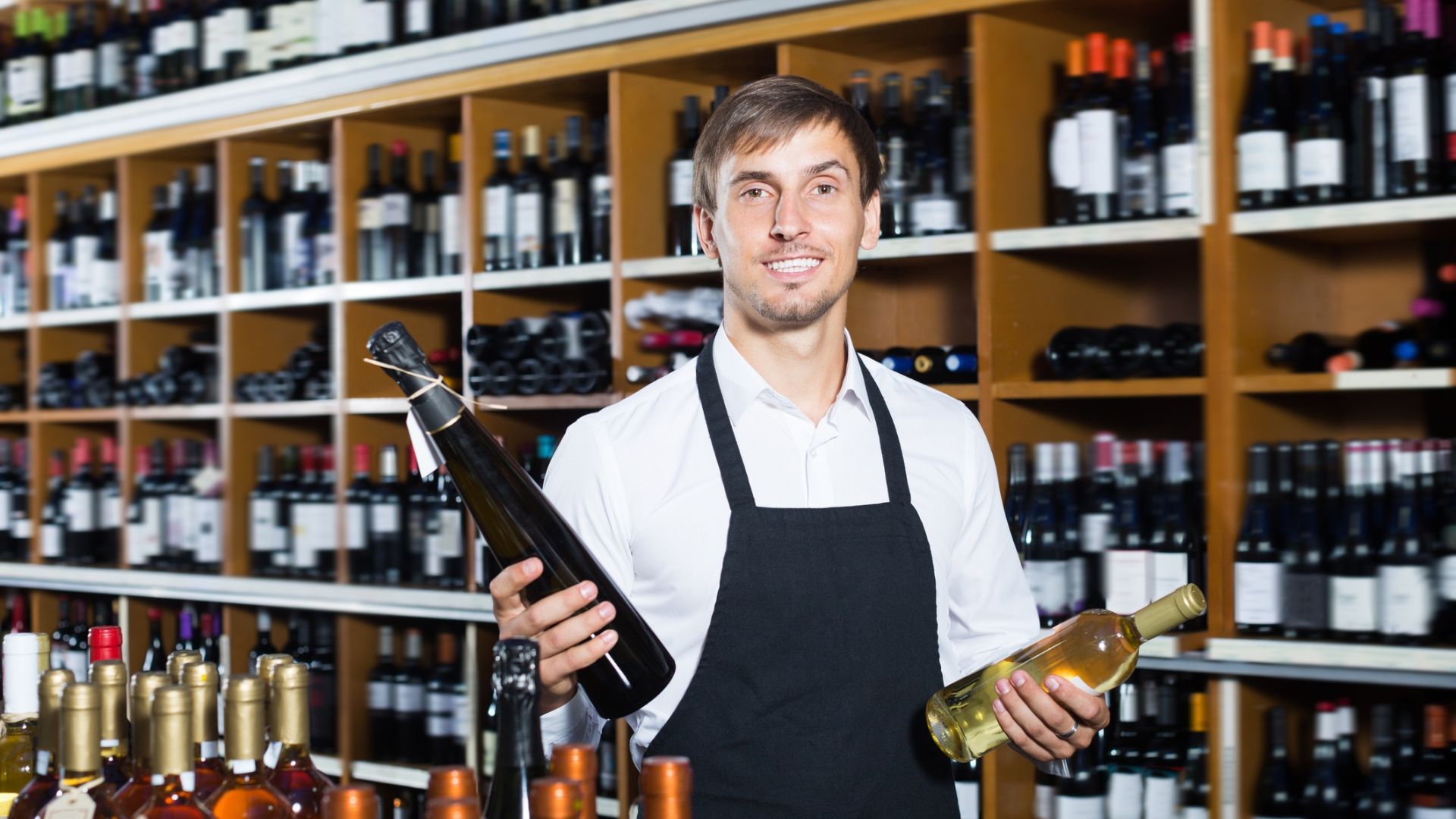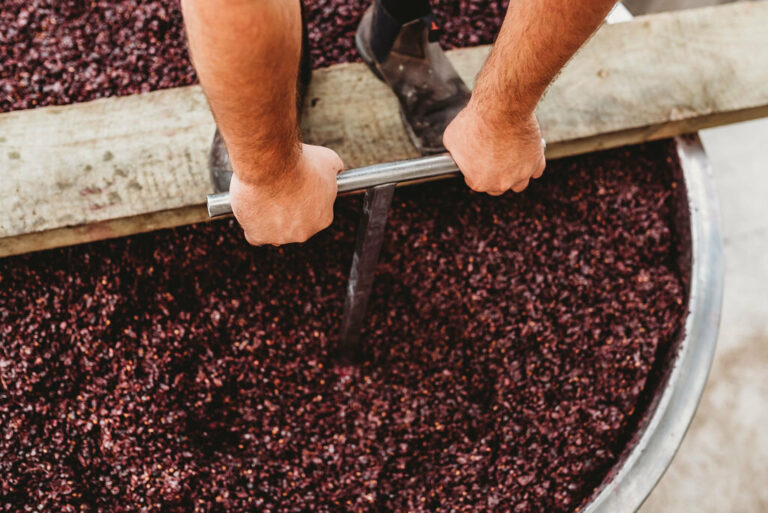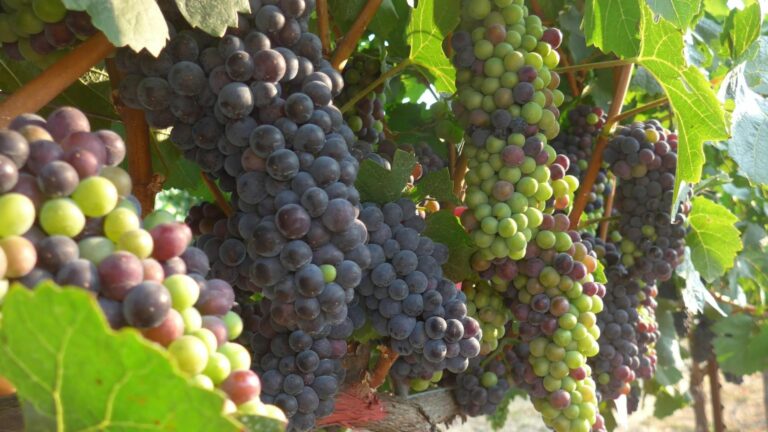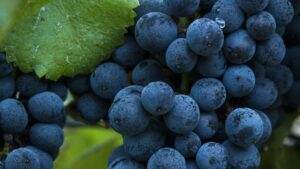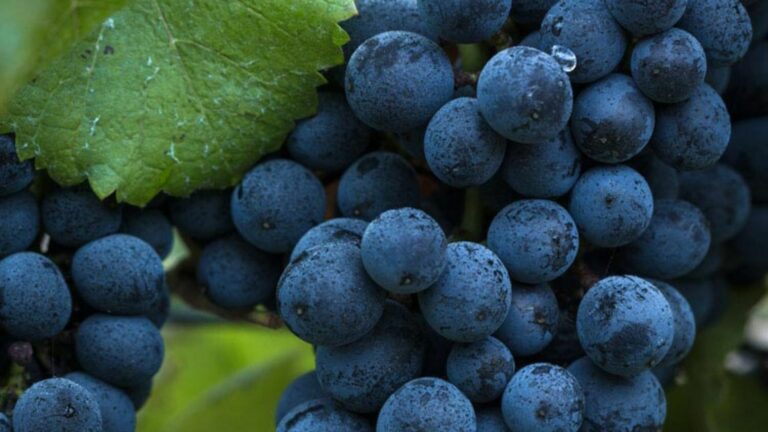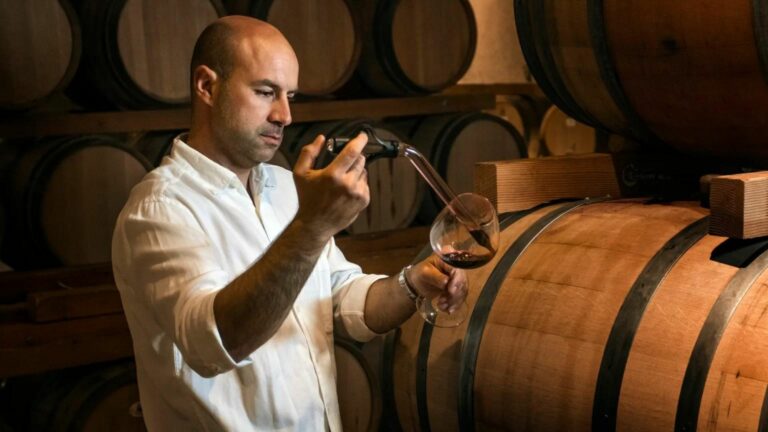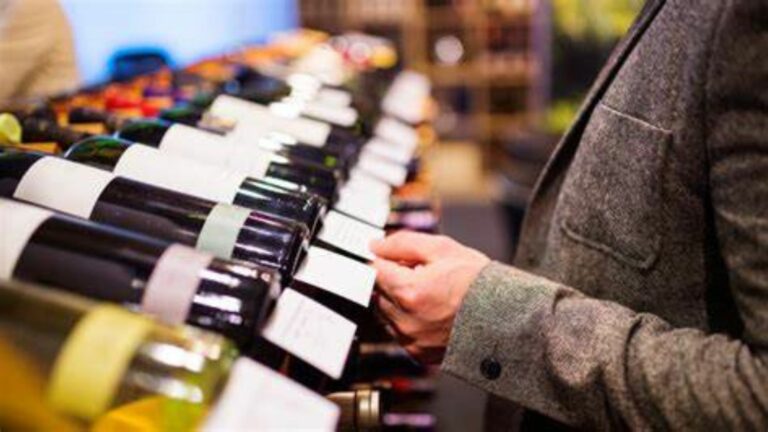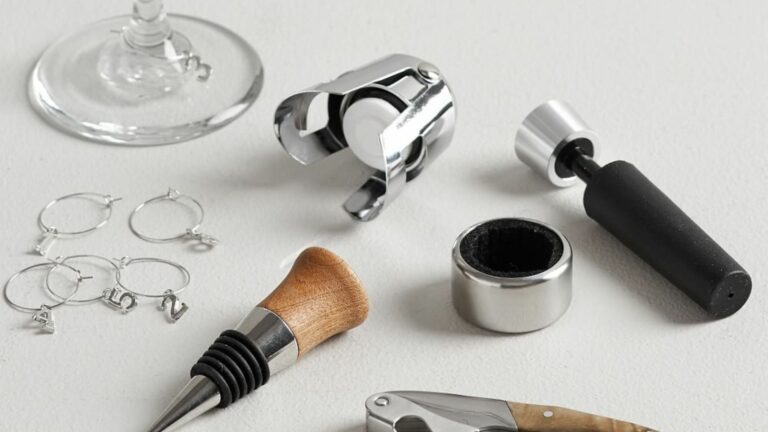In the competitive landscape of the wine industry, effective marketing communication is essential for wineries to stand out, capture consumer attention, and cultivate brand loyalty. From storytelling and branding to digital engagement and experiential marketing, wineries employ a variety of strategies to connect with consumers and create memorable experiences. In this blog post, we’ll explore the nuances of marketing communication in the wine industry and uncover the key ingredients for success in today’s dynamic marketplace.
Crafting Compelling Brand Stories
At the heart of successful wine marketing communication lies the art of storytelling. Wineries have a rich tapestry of history, terroir, and craftsmanship to draw upon, allowing them to craft compelling narratives that resonate with consumers on an emotional level. Whether it’s highlighting family traditions, showcasing sustainable practices, or celebrating the unique characteristics of a specific vineyard, storytelling creates a sense of connection and authenticity that differentiates brands in a crowded market. By sharing their passion, heritage, and values through authentic storytelling, wineries can forge deeper connections with consumers and build brand loyalty that extends beyond the bottle.
Building Strong Brand Identities
A strong brand identity is crucial for wineries looking to carve out a distinct position in the market and attract loyal customers. From logo design and packaging to typography and color palettes. Every element of brand identity plays a role in shaping consumer perceptions and preferences. Wineries must carefully consider their target audience, market positioning, and brand values when developing their brand identity to ensure consistency and coherence across all touchpoints. By creating a memorable and cohesive brand identity, wineries can establish a strong presence in the market and foster recognition and trust among consumers.

Embracing Digital Engagement
In today’s digital age, wineries must embrace digital channels and platforms to engage with consumers effectively. Social media, email marketing, and influencer partnerships offer opportunities for wineries to connect with consumers, share content, and build communities around their brands. From behind-the-scenes glimpses of the winemaking process to virtual tastings and online events, digital engagement allows wineries to reach a wider audience and create immersive experiences that resonate with consumers. By leveraging data and analytics, wineries can also gain valuable insights into consumer preferences and behavior, enabling them to tailor their marketing communication strategies for maximum impact.
Creating Memorable Experiences
In addition to traditional marketing channels, experiential marketing plays an increasingly important role in wine marketing communication. From vineyard tours and tasting events to wine festivals and pop-up activations, wineries have ample opportunities to create memorable experiences that leave a lasting impression on consumers. By offering immersive experiences that engage the senses and evoke emotions, wineries can foster deeper connections with consumers and generate buzz around their brands. Whether it’s hosting intimate tasting dinners or partnering with local artists and musicians, creating unique and memorable experiences is key to building brand loyalty and driving sales in the competitive wine industry.
Furthermore, for those seeking unforgettable experiences beyond the world of wine, platforms like Reels of Joy Casino provide an array of entertainment options and gaming experiences. Just as wineries aim to create memorable moments for their visitors, online casinos offer thrilling experiences that allow players to immerse themselves in a world of excitement and fun.
Leveraging Influencer and Ambassador Partnerships
Influencer and ambassador partnerships offer wineries a powerful way to amplify their marketing communication efforts and reach new audiences. By collaborating with influencers, sommeliers, and industry experts who share a passion for wine. Wineries can leverage their credibility and reach to engage consumers in authentic and compelling ways. Influencers and ambassadors can create content, host tastings. And share their experiences with their followers, providing valuable social proof and endorsement for the brand. These partnerships can help wineries expand their reach, build trust, and drive sales through authentic advocacy and word-of-mouth marketing.
Conclusion
In conclusion, effective marketing communication is essential for wineries looking to thrive in today’s competitive wine industry. By crafting compelling brand stories, building strong brand identities, embracing digital engagement. And creating memorable experiences, wineries can connect with consumers on a deeper level and drive loyalty and advocacy for their brands. By staying true to their values, embracing innovation, and engaging consumers in meaningful ways. Wineries can uncork success and raise a toast to a bright future in the world of wine.

